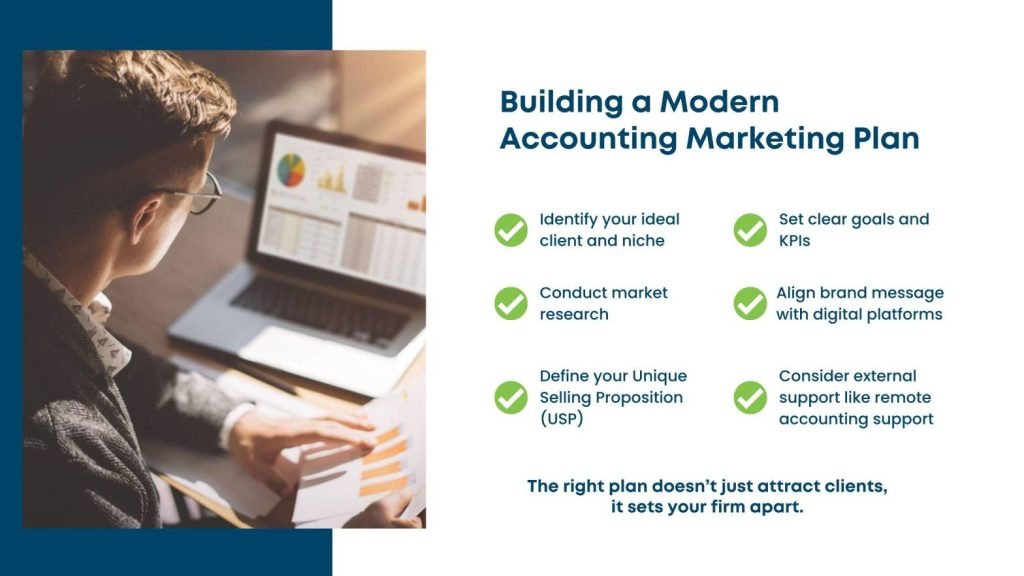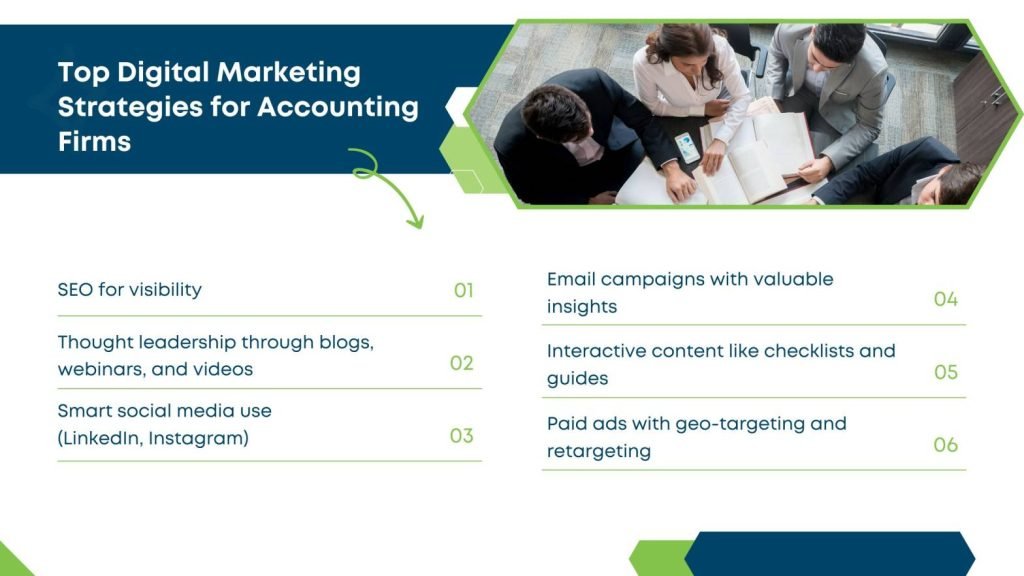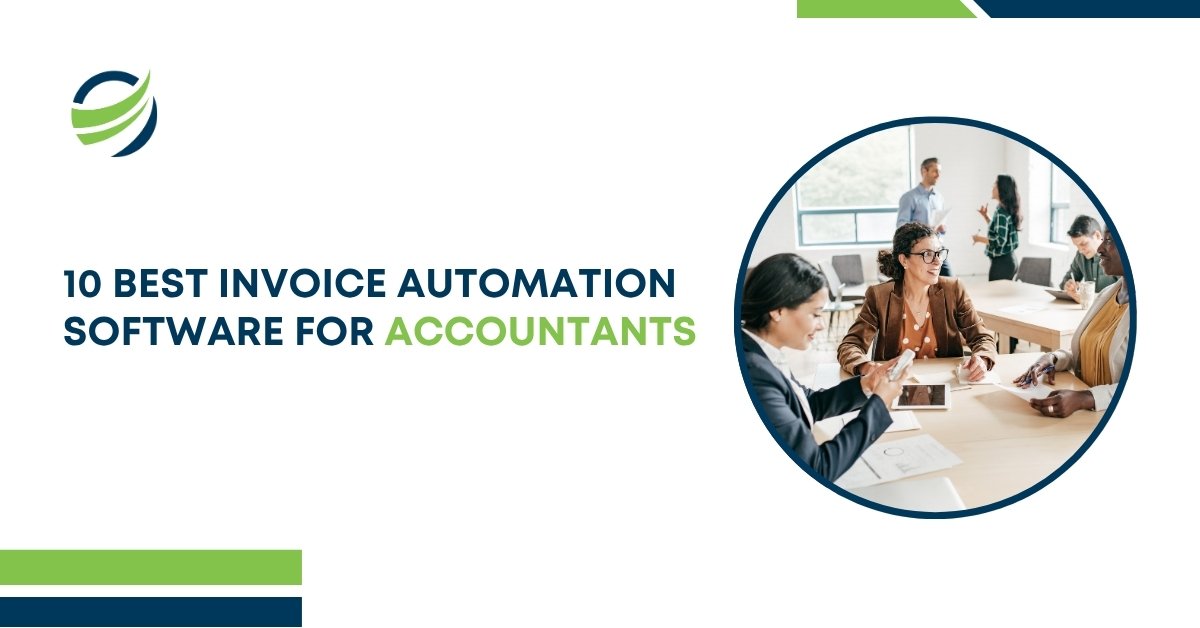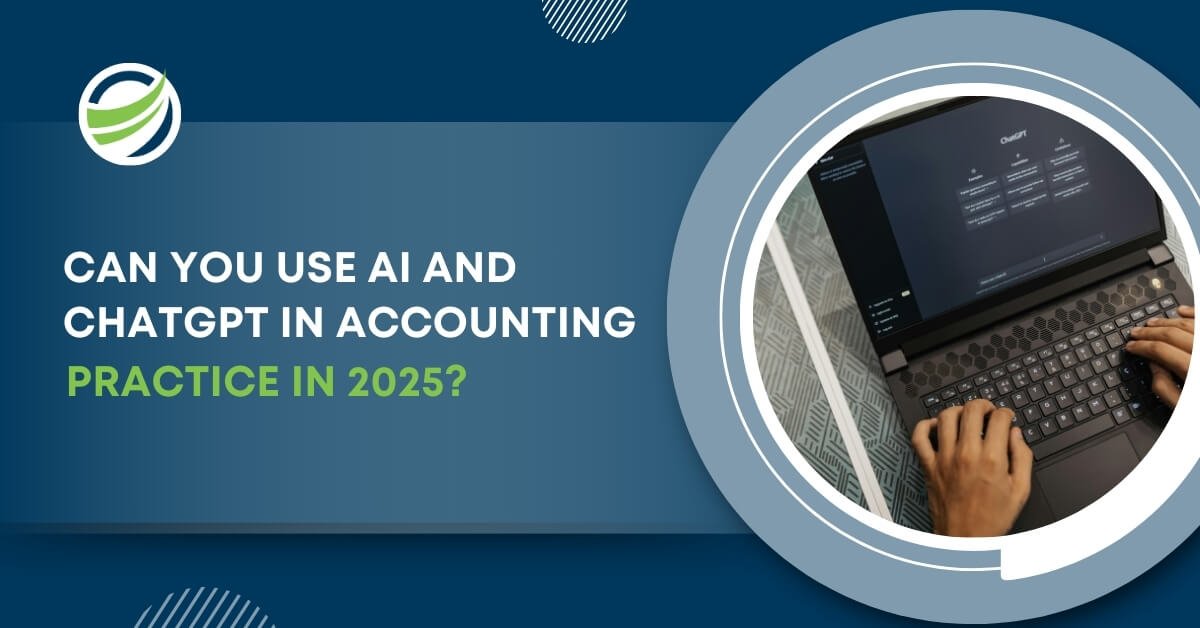The marketing landscape for accounting firms in Australia is changing rapidly. While referrals and word of mouth have traditionally driven client acquisition, these methods alone no longer suffice in 2025. The competition is fierce, and clients are looking for more than just reliable services, they want relevance, visibility, and value.
This guide is designed to walk you through what’s working in marketing for accounting firms in 2025, helping your practice attract and retain clients in a competitive environment. Whether you’re just getting started or looking to upgrade your existing accounting marketing strategy, this blog will help you plan, execute, and measure your efforts effectively.
Understanding the 2025 Marketing Landscape
Several key trends are shaping how accounting firms market themselves today:
- AI-powered personalisation is transforming how firms communicate with potential clients. Firms are tailoring content and communications based on client behavior, interests, and location.
- Interactive and digital content, think calculators, budgeting templates, and explainer videos, are gaining traction for being both educational and engaging.
- Sustainability and ethical branding are no longer optional. Clients want to work with firms that reflect their values.
- Embracing technology is crucial, firms that adopt cloud platforms, CRM systems, and marketing tools are showing stronger resilience and growth.
The shift in the marketing for accounting firms has been significant over the past few years. A recent Accountants Daily report noted that over 65% of accounting firms in Australia have increased their digital marketing spend compared to 2023, particularly in SEO, social media, and email marketing. This change reflects the growing importance of being visible where clients are most active: online.

Building a Strong Foundation
Before crafting your accounting marketing strategy, it’s essential to understand what your audience expects. It’s essential to lay the groundwork with a solid bookkeeping and accounting services marketing plan.
- Define your ideal client:
Are you targeting SMEs, individuals, or specific sectors like hospitality or healthcare? - Conduct market research:
To understand what clients need, expect, and struggle with when hiring an accountant. - Set clear goals and KPIs:
Whether it’s increasing leads, improving retention, or boosting website traffic, clarity is key. - Run a SWOT analysis:
Understand where your firm stands in terms of strengths, weaknesses, opportunities, and threats. - Define your USP and brand positioning:
Why should clients choose your firm over others? Your unique value should be clear across all platforms.
A strategic foundation ensures every future marketing effort aligns with your business objectives.Whether you’re a sole practitioner or a growing team, having clarity on your service model, whether fully in-house or supported by an outsourced accounting solution, is key. This clarity helps set realistic KPIs and ensures your marketing goals align with your operational capacity.
Digital Marketing Essentials for Accounting Firms
Digital visibility can make or break your ability to attract modern clients. Here’s what to focus on:
- Search Engine Optimisation (SEO) helps your firm appear in relevant searches. Focus on both local (“accountant near me”) and national visibility.
- Pay-Per-Click (PPC) advertising for accountants is a reliable method to get instant visibility on Google and Bing. These ads should target the keywords your ideal clients are searching for.
- Use geo-targeting and retargeting to increase engagement and conversion rates. Reaching users who have already visited your site increases the likelihood they’ll return and take action.
- Ensure your landing pages are optimised for conversions with clear calls-to-action, simple layouts, and social proof.
An effective accounting marketing strategy always includes digital elements. For firms that handle multiple clients across different industries, partnering with external bookkeeping help can free up time to focus on strategic marketing and client relationship building without sacrificing accuracy or compliance.
Leveraging Social Media and Content Marketing
Social media is more than just a branding tool. It’s a vital channel for inbound marketing for accountants.
- LinkedIn is the go-to platform for professional content and networking.
- Facebook and Instagram work well for firms targeting individuals and small businesses.
Content-wise, focus on:
- Thought leadership through blogs, podcasts, and webinars
- Sharing client testimonials and real stories
- Creating downloadable resources like checklists and eBooks
Educational and interactive content drives engagement and positions your firm as an industry leader.

Advanced Strategies for 2025
As we look ahead, firms need to embrace advanced strategies to remain competitive:
- Automating email campaigns and lead nurturing helps convert prospects faster.
- Exploring influencer or affiliate marketing in niche sectors can build credibility.
- Voice search optimisation is crucial as more people use voice assistants to find services.
- Offering integrated digital client portals with cloud access not only boosts operational efficiency but also serves as a marketing differentiator.
With automation playing a larger role in marketing, even professional services are evolving. The CPA Australia SME Survey found that 45% of firms plan to invest in marketing automation tools over the next year. From automated email campaigns to AI-driven client follow-ups, these tools are making inbound marketing for accountants more efficient and scalable.
Niche and Relationship Marketing
Targeting specific industries with customised solutions builds trust faster. Whether it’s real estate, healthcare, or creative professionals, clients prefer accountants who understand their world.
- Host financial literacy workshops for small business owners or individuals.
- Offer free templates or 15-minute consultations as lead magnets.
- Build strategic partnerships with business consultants, tech providers, or coworking spaces.
- Launch a referral program that incentivises happy clients to spread the word
This level of specialisation can drive faster conversions and deeper loyalty.
Reputation and Brand Management
Your brand is your promise, and how others perceive you.
- Monitor and respond to online reviews on platforms like Google and Facebook
- Build a library of client testimonials and case studies to use across your website and social channels
- Share your commitment to sustainability and social responsibility, whether it’s through eco-friendly practices or community involvement
Trust is a key driver of client acquisition and retention in 2025.
Measuring Success and Optimising Your Strategy
What gets measured gets improved. Here’s how to ensure your digital marketing for bookkeepers and accountants delivers results:
- Track KPIs like website visits, social engagement, conversion rates, and client retention
- Use a CRM to monitor lead progress and manage interactions
- Review your bookkeeping and accounting services marketing plan quarterly
- Run A/B tests on ads and landing pages to see what works
Constant analysis and improvement are non-negotiable in today’s dynamic environment.
Conclusion
As we move through 2025, it’s clear that marketing for accounting firms can no longer rely on traditional methods alone. The landscape is dynamic, client expectations are evolving, and technology is reshaping how firms position themselves.
Embracing a well-defined accounting marketing strategy, incorporating both digital and relationship-driven tactics, and staying responsive to market shifts will help your firm stand out. Whether you’re focusing on inbound marketing for accountants, building a community on social media, or running targeted advertising for accountants, consistency and clarity will drive results.
And if you’re looking to grow without expanding overhead, consider the value of outsourced accounting support, it’s not just a delivery model, but a strategic advantage in today’s market.
Frequently Asked Questions (FAQs)
- Why is marketing more critical for accounting firms than before?
In 2025, marketing is vital for accounting firms due to increased competition and evolving client expectations. Clients now desire personalised services and value-driven experiences, making digital strategies essential for visibility and attracting new clients effectively. - What are the top digital marketing strategies for accounting firms?
Key digital marketing strategies include SEO for visibility, content marketing to showcase expertise, and targeted social media engagement. Email campaigns, webinars, and video content enhance client connections, ensuring a comprehensive approach that drives engagement and generates leads effectively. - How can accounting firms effectively define and target their niche?
Firms can define their niche by conducting market research to identify specific industries and client needs. Tailoring services and content to address these unique challenges helps position firms as specialists, fostering trust and attracting clients seeking expertise in those areas. - What role does content marketing play in attracting clients?
Content marketing is essential for attracting clients, establishing authority, and building trust. Valuable resources like blogs, videos, and guides addressing client pain points engage potential clients, showcase expertise, and improve search engine visibility, ultimately driving lead generation for firms. - How can accounting firms leverage social media platforms effectively?
Firms can effectively leverage social media by sharing informative content, engaging followers, and showcasing expertise. LinkedIn and Instagram are ideal for building relationships. Regular posts, interactive content, and prompt responses enhance visibility, strengthen connections, and improve client engagement overall.








